
Subscribe to our mailing list.
All Blog Posts With Tag: John Calvin
The human heart is an idol factory: a modern critique of John Calvin (August 6, 2019)
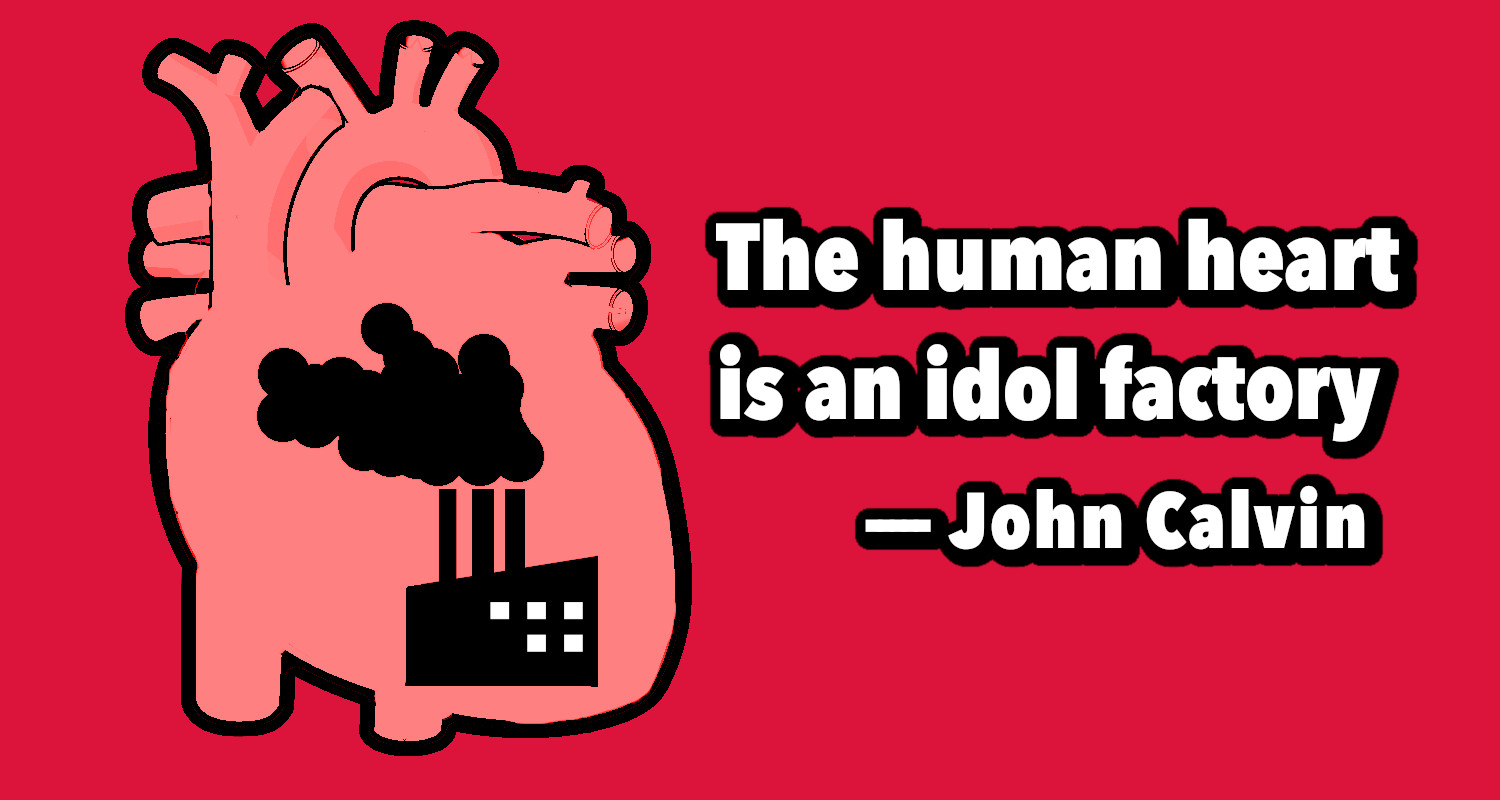
John Calvin famously said "the human heart is a perpetual idol factory" (hominis ingenium perpetuam, ut ita loquar, esse idolorum fabricam) [Institutes I.11.8]. Calvin's Latin phrase from the definitive 1559 edition of his Institutes of the Christian Religion has received meaning that may be lost to Post-Enlightenment people. A modern […]
Karl Barth on Holy Scripture’s Capacity for Error (July 24, 2019)
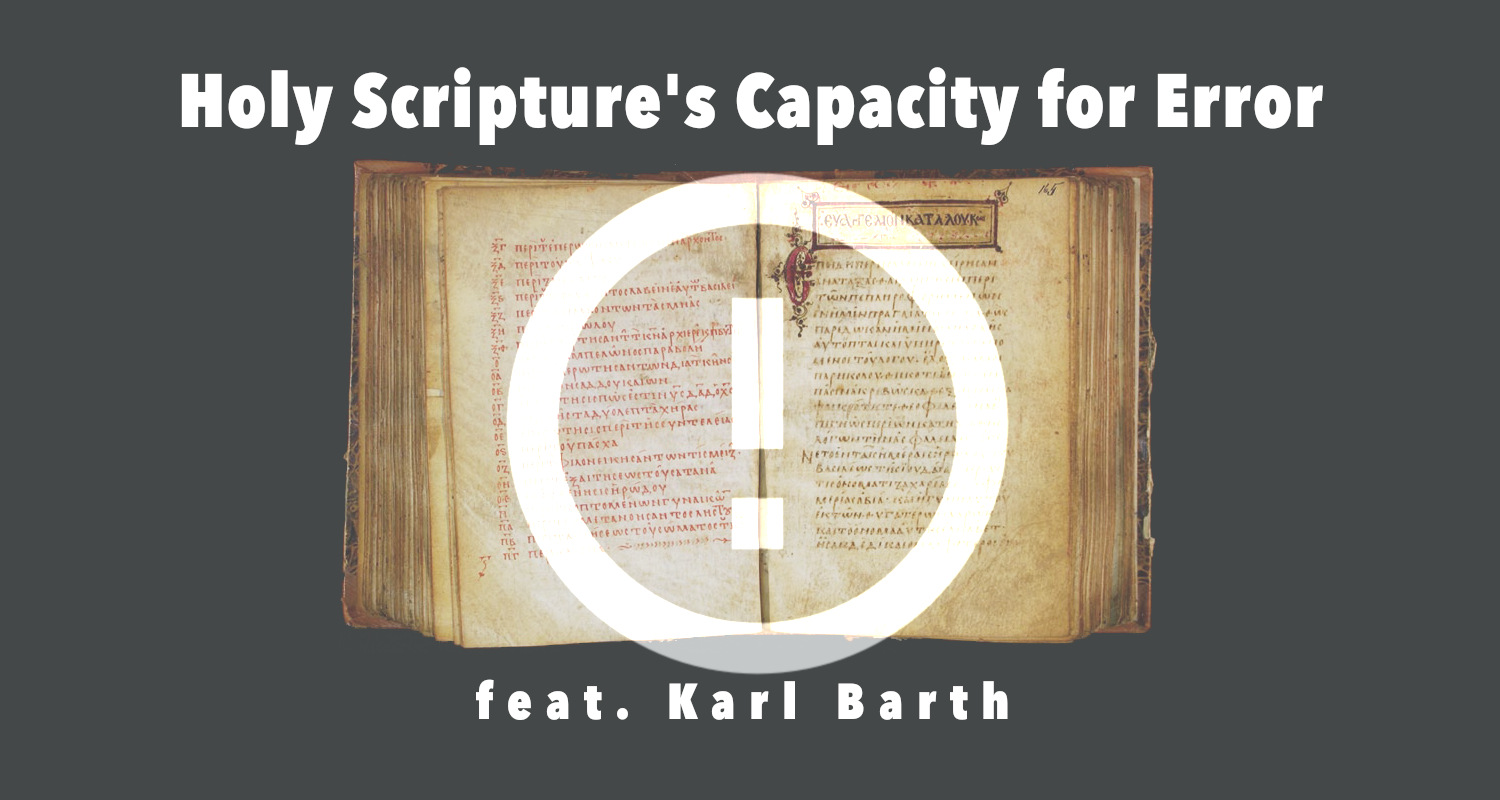
The Origin of the Dictation Theory of Inspiration
In the Post-Reformation era, a century after the deaths of Martin Luther, John Calvin and the first and second generation reformers, the doctrine of inspiration of the Scriptures evolved into a dictation theory of inspiration, in which the biblical writers were the very […]
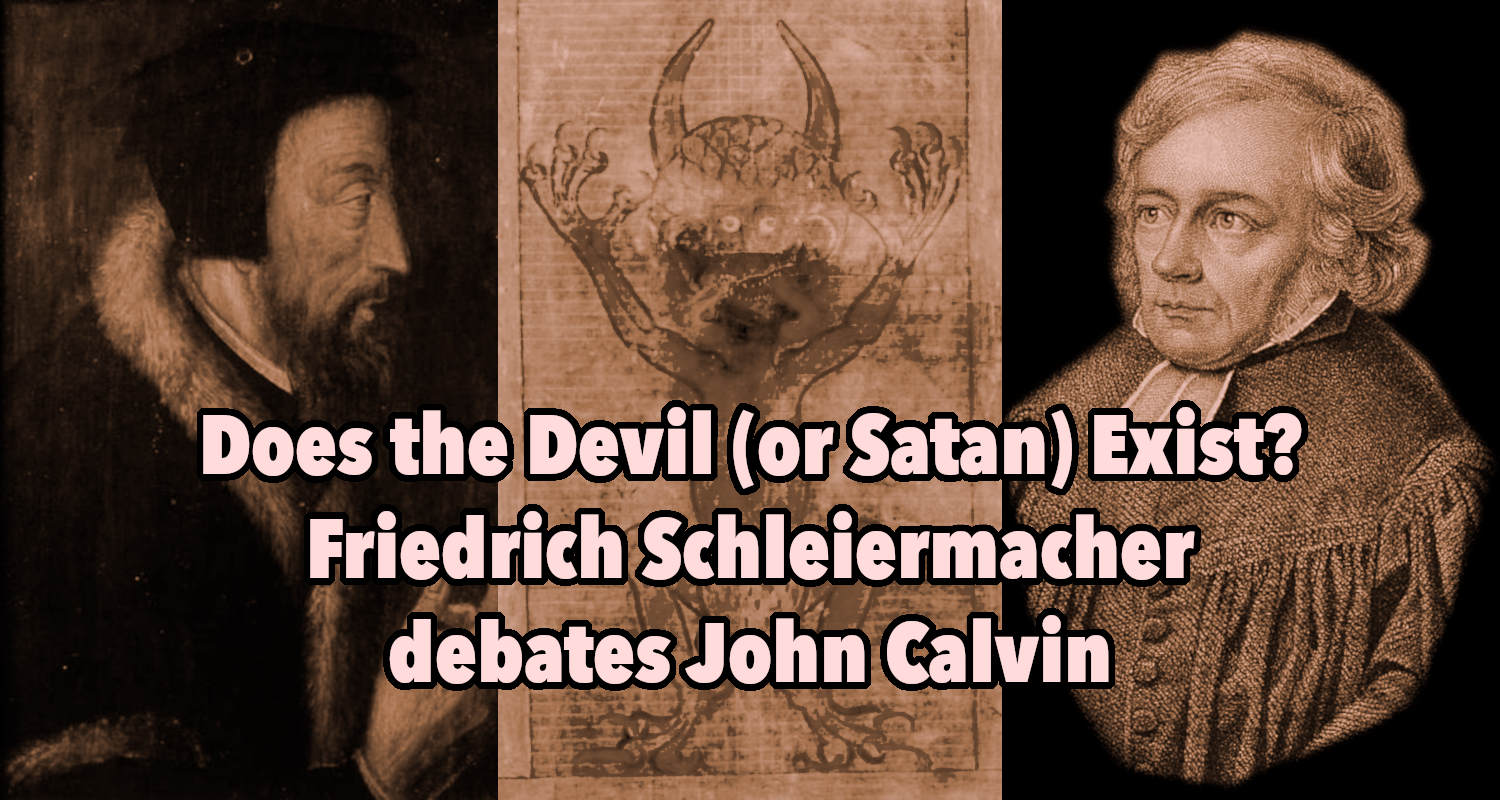
John Calvin's proof for existence of Satan
In the Institutes of the Christian Religion I.14.17, John Calvin argues that the devil (or satan) and demons must exist in the world, because there must exist an agent that mediates between the goodness of god and the evil happenings in the world, such […]
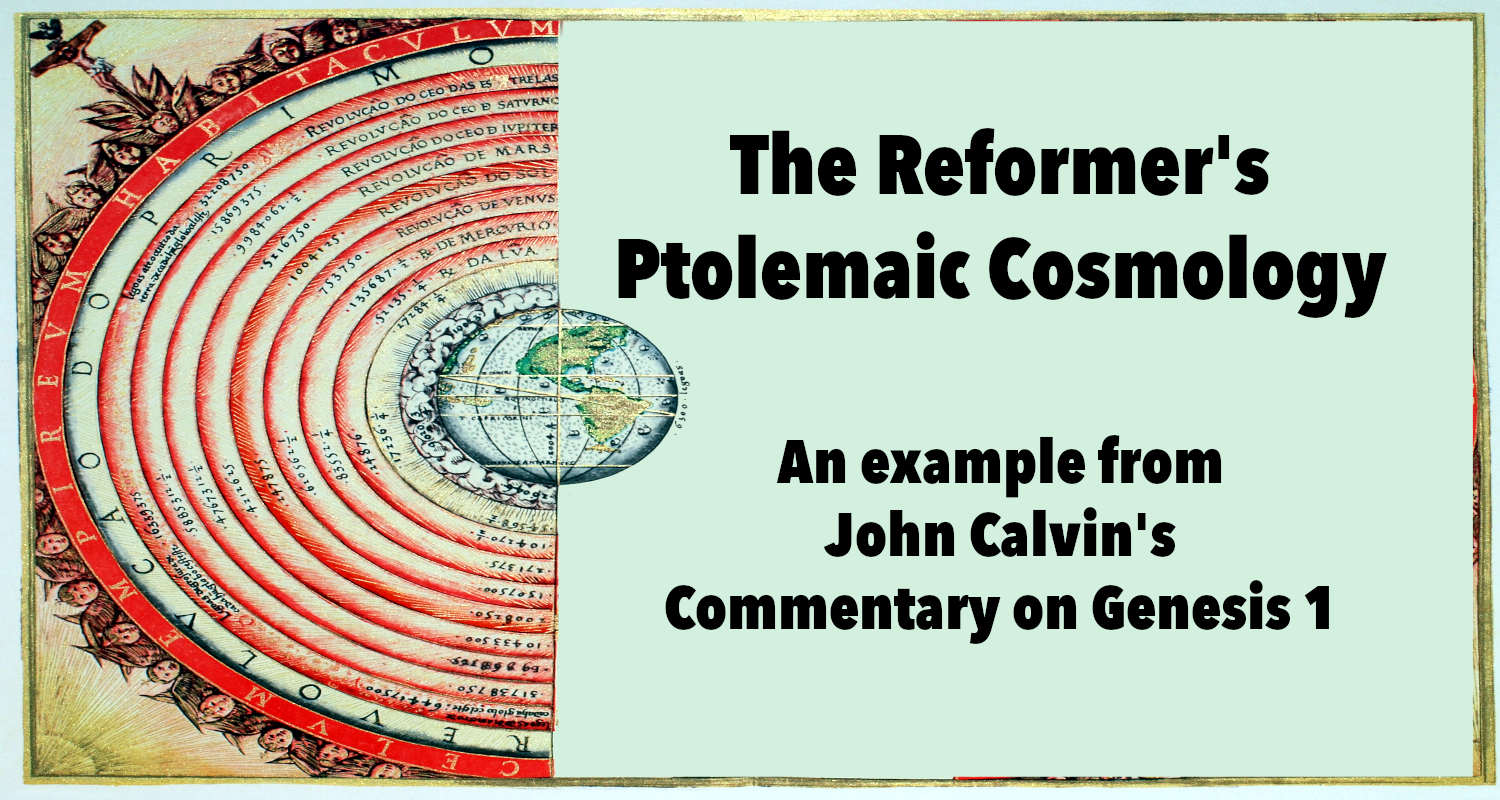
John Calvin, Martin Luther and the other sixteenth century reformers held to a Ptolemaic cosmology, which placed the earth at the center of the universe, surrounded by about a dozen celestial spheres. The innermost spheres closest to earth correspond to the four elements (earth, water, air, and fire). The heaviest […]
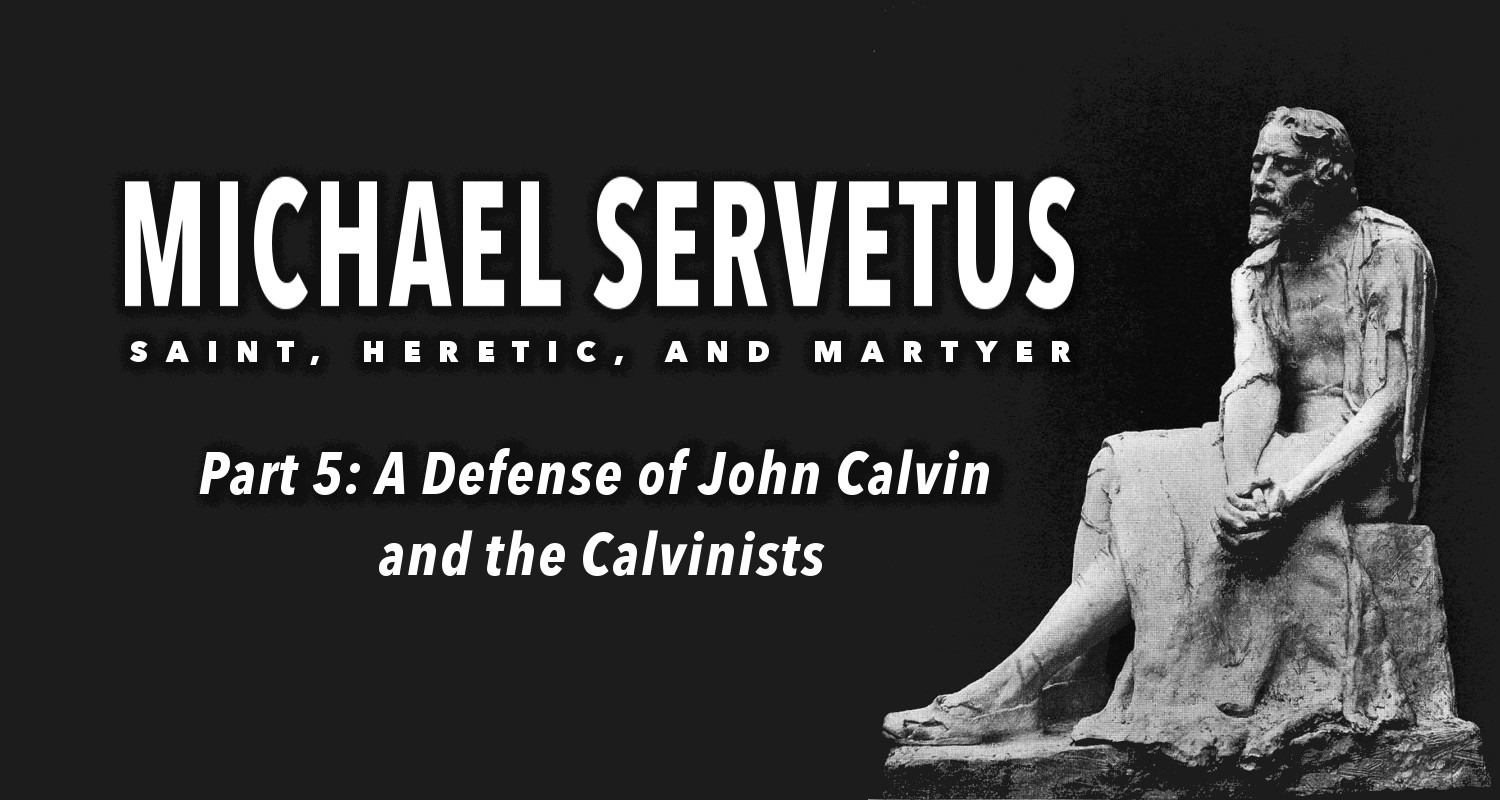
In defense of Calvinists: A memorial to Michael Servetus
John Calvin has wayward sons who still defend the execution of Servetus and Calvin's participation in it, however most Calvinists today admit that Calvin erred in the Servetus affair, and some Calvinists today are willing to admit that Calvin sinned and that […]
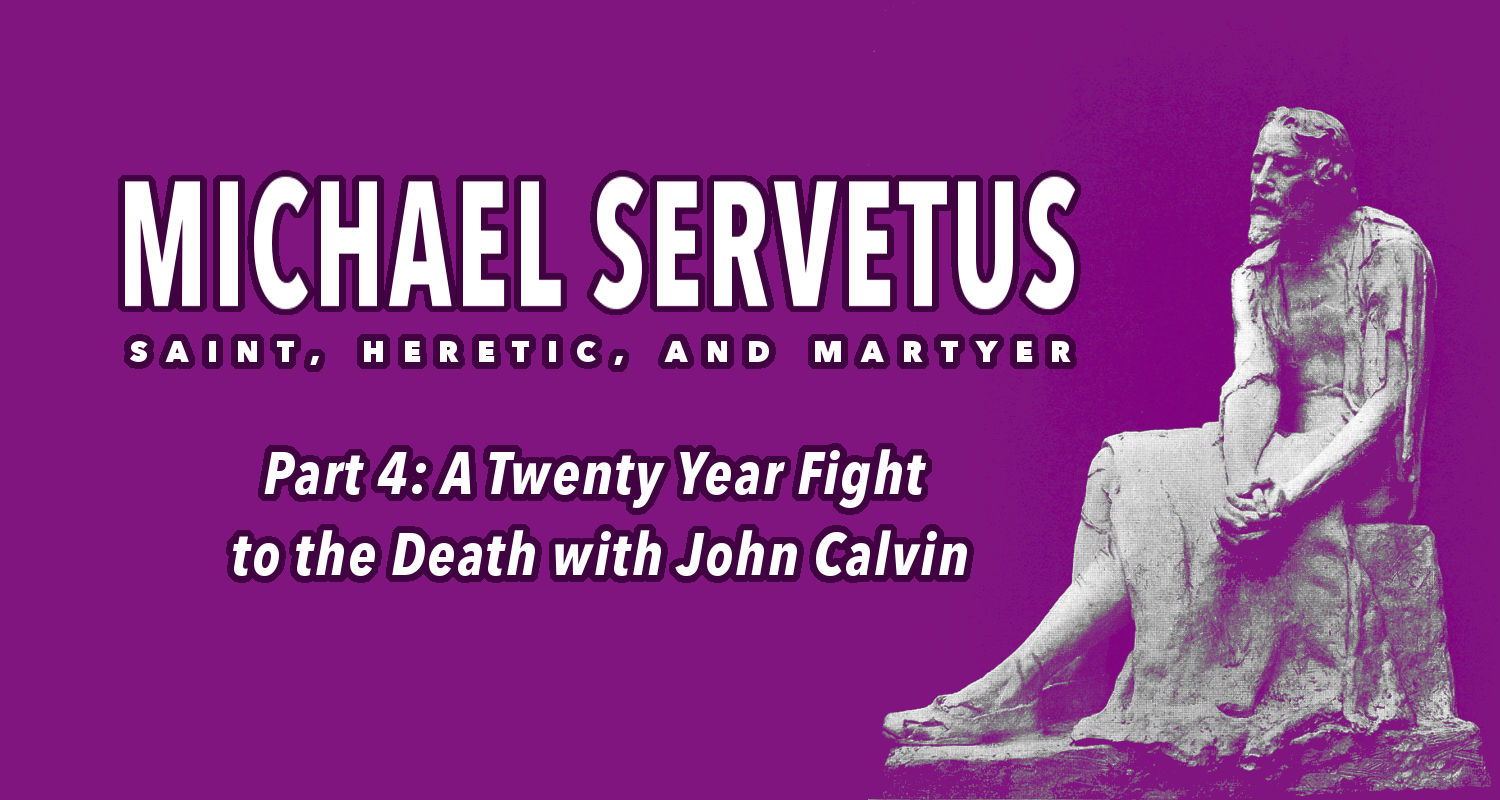
Calvin vs Servetus: a twenty year fight to the death
Michael Servetus (1511-1553) came in conflict with John Calvin (1509-1564) in the early 1530's and their correspondences spanned twenty years. "A strange mixture of fascination and repulsion haunted the relations between these two men. Many long years passed before the battle […]
Related: Bernard Cottret, Bruce Gordon, Charles Despeville, Christianismi Restitutio, Concerning Scandals, Guillaume Farel, institutes of the christian religion, Institutio Christianae Religionis, John Calvin, Michael Servetus, Michel de Villeneuve, On Scandals, Restitutio, ServetusSeries, The Restoration of Christianity, Theodore Beza, William Farel
Michael Servetus: Saint, Heretic and Martyr (Part 3: A Radical Theology) (October 5, 2018)
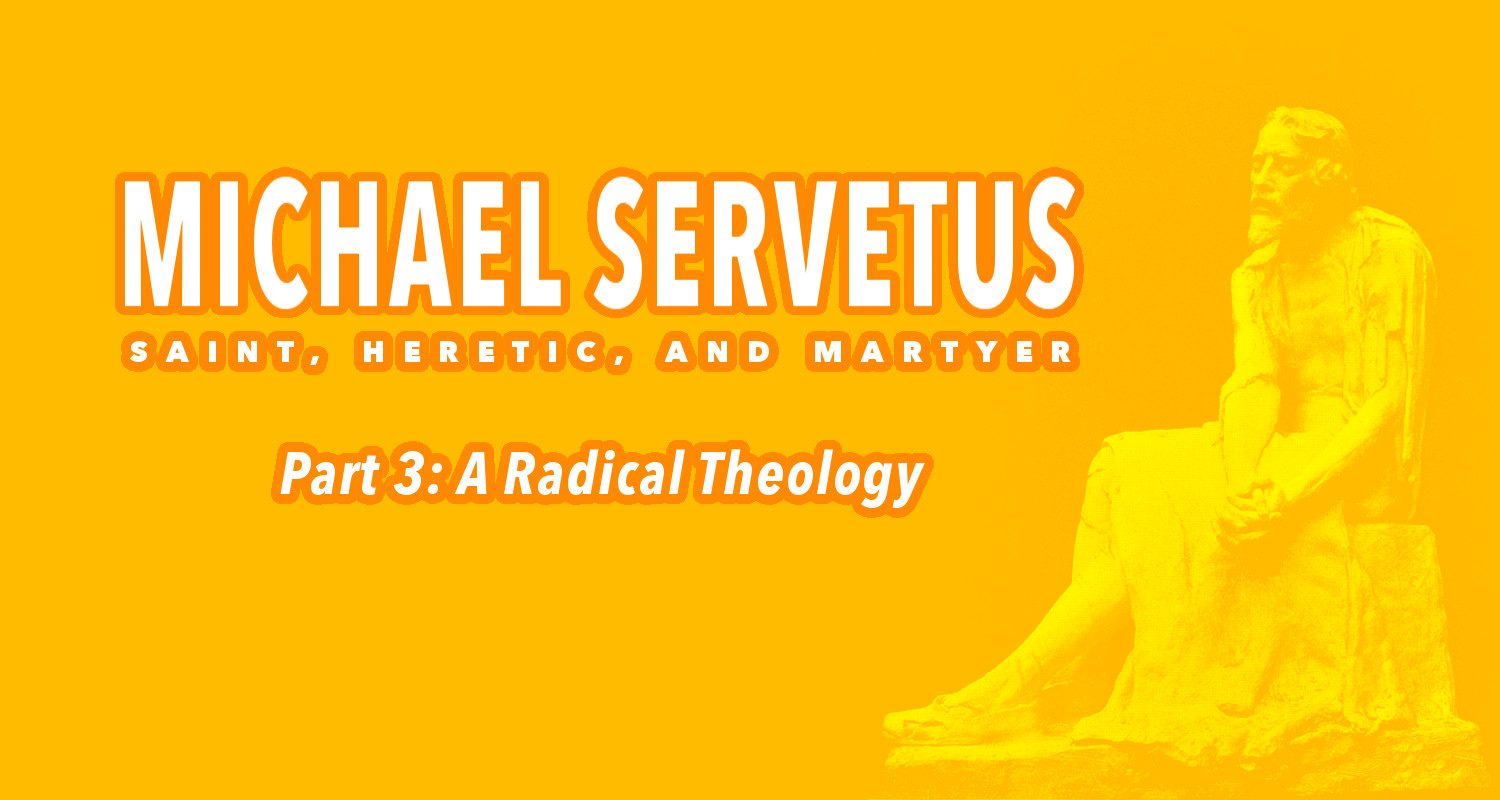
Michael Servetus' Radical Theology
Michael Servetus was a Spaniard "born about 1511 in Villanueva [de Sigena], 160 miles upriver from Zaragoza, Servetus was [John] Calvin's close contemporary" [1]
Servetus' radical theology did not originate from an abnormally carnal nature. Servetus had an impeccably moral character, and perhaps it was Servetus' saintly ethic […]
Related: Bernard Cottret, Bruce Gordon, Christianismi Restitutio, De Trinitatis erroribus, Dialogorum de trinitate, Dialogues on the Trinity, Johannes Oecolampadius, John Calvin, Martin Bucer, Michael Servetus, Nicene Creed, On The Errors of the Trinity, Pulmonary circulation, Restorationism, ServetusSeries, The Restoration of Christianity
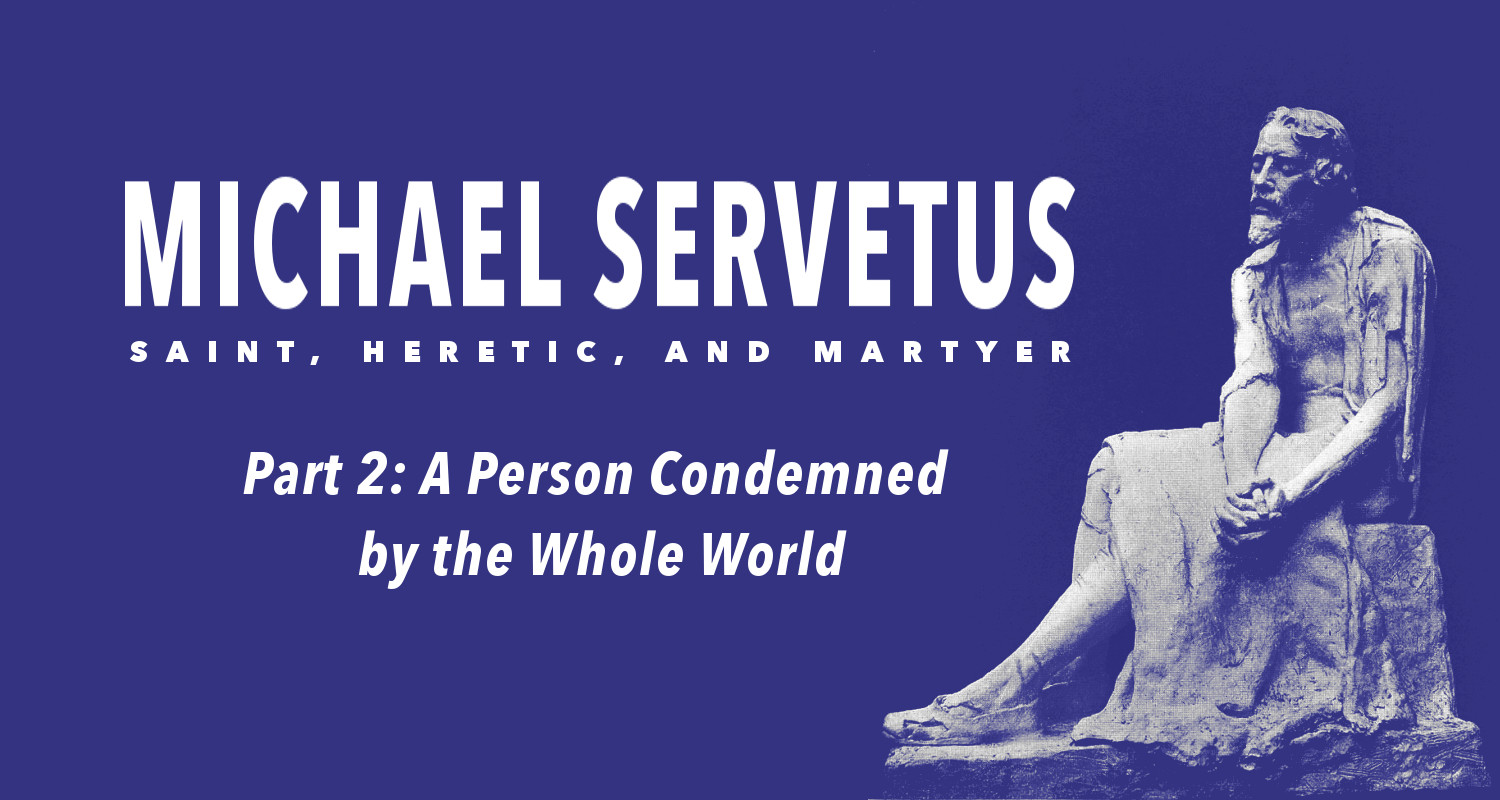
In Part 1: Burned Alive at the Stake of this Michael Servetus: Saint, Heretic, and Martyr series, I described the horrific execution of Michael Servetus. In Part 2, I will explain that John Calvin is guilty for the death of Michael Servetus, but this guilt is shared by the Geneva […]
Michael Servetus: Saint, Heretic, and Martyr (Part 1: Burned Alive at the Stake) (September 27, 2018)
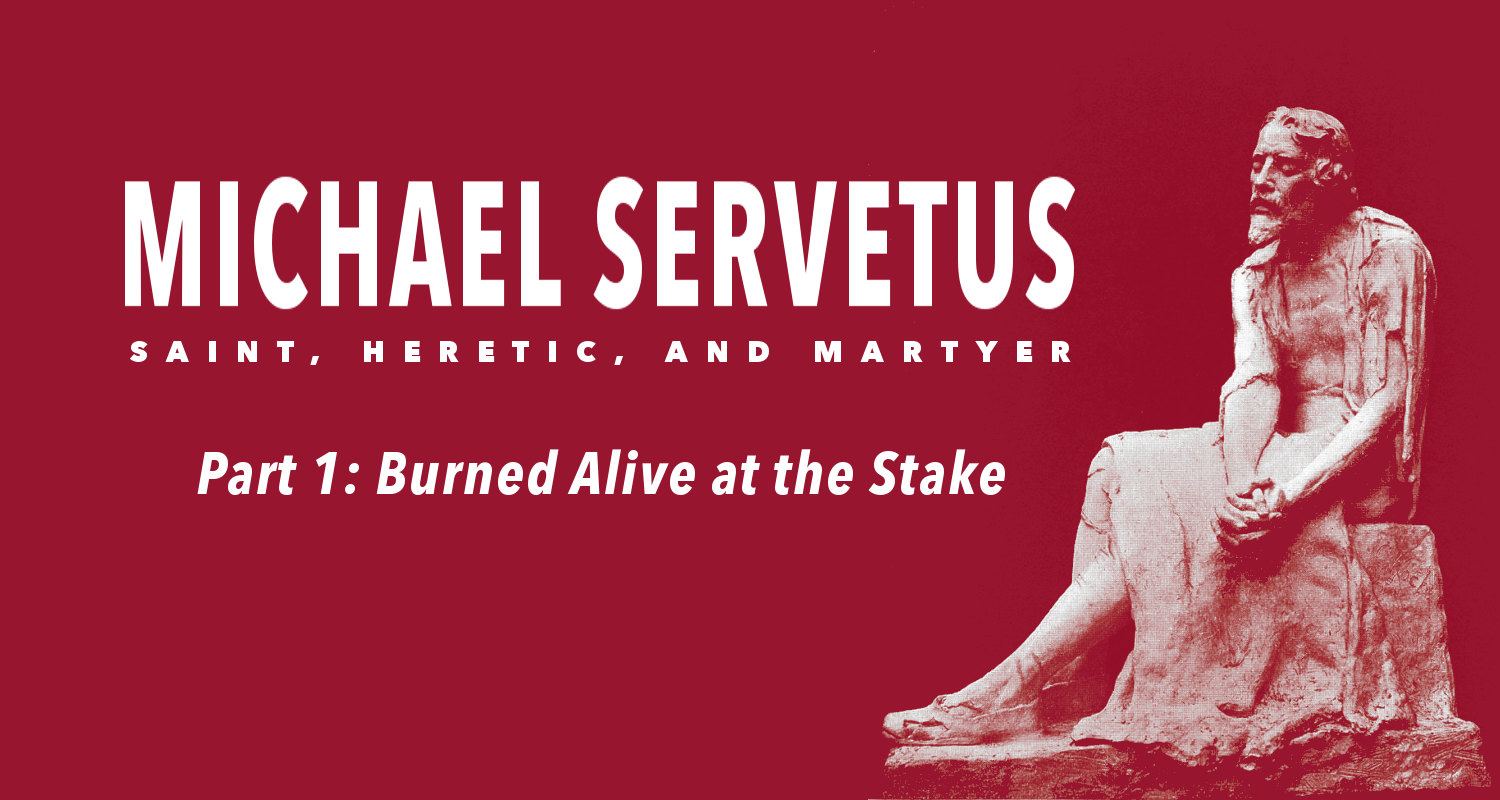
Bruce Gordon, in his Calvin biography wrote "For many, the execution of Michael Servetus in Geneva has defined John Calvin's posthumous reputation." [1] In this series, I will discuss the execution of Michael Servetus, beginning with a description of Michael Servetus' execution by the Geneva Council in gates of Geneva […]

Ernst Käsemann argues that the New Testament scriptures have been subject to biblical criticism from their very beginning, and even the New Testament writers criticize each other, disagree with each other and contradict each other. In Käsemann's essay "Is the Gospel Objective?" in his Essays on New Testament Themes, he argues […]

